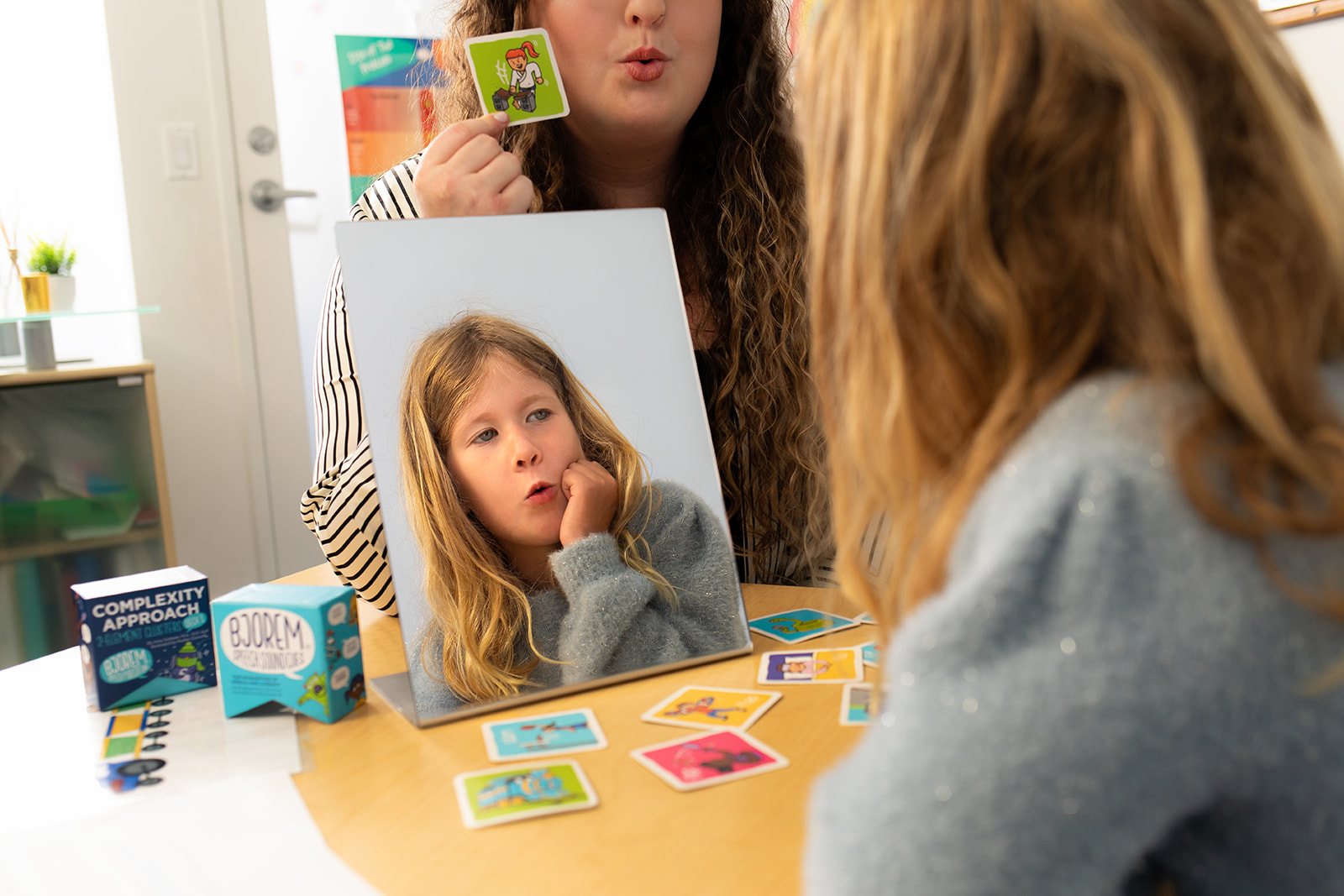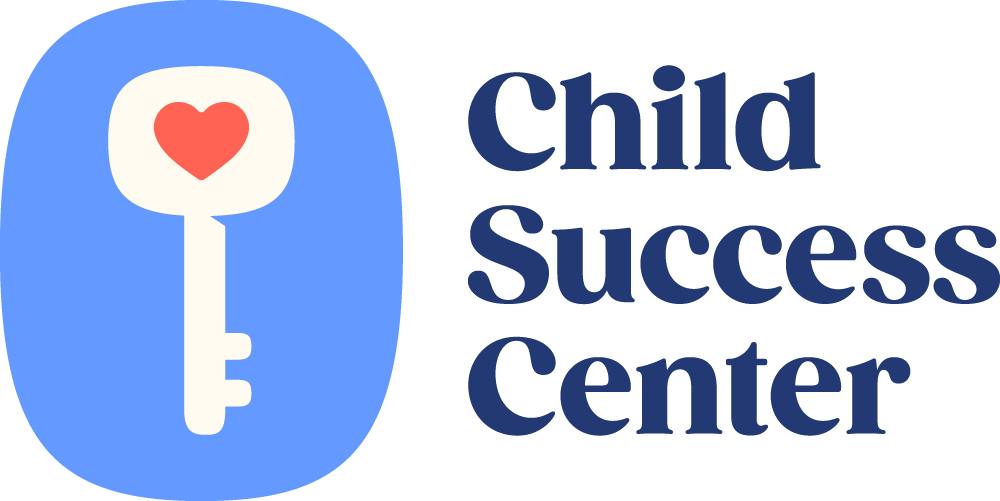What is a Pre-School Speech and Language Screening?
- Back to School|
- CSC Blog|
- Language|
- Speech Therapy

It’s that time again, summer is winding down and schools are back in session! For all you pre-school parents it’s a big time of change and transition. There’s so much to balance that it’s hard to keep track of everything! Lucky for parents SLPs (Speech/Language Pathologists) are here to make part of that process a little easier with preschool speech and language screenings.
What is a pre-school speech and language screening?
A pre-school speech and language screening is a way for an SLP to observe children (approximately ages 2.5-5) in the school environment to determine if they demonstrate appropriate understanding and use of language, production of speech sounds, attention, and social skills with peers. The SLP will then determine if the child passed the screening or if they will recommend a full speech and language evaluation.
What does it mean if my child does not pass?
Being recommended by a pre-school language screener is an open conversation to talk about your child’s needs. As a parent you should be aware, but not alarmed! Early intervention is a wonderful opportunity to address areas where your child is struggling and give them the extra help they need before academic and social demands increase as they get older. Research continues to show that identifying children with language disorders as early as possible is important because the earlier children receive speech and language intervention, the better their language outcomes will be.
>Speech and Language Screenings
>A look at Speech and Language Therapy
Each child develops at their own pace, so SLPs use typical age ranges of speech and language development as a guideline to recommend assessment.
>Typical ages of development for speech sounds
6 hidden speech and language skills that SLPs look for and why:
- Speech intelligibility (in words and conversation) – Often it’s easier for close family members and familiar adults to understand kids, but if less familiar people have trouble understanding your child’s speech it could mean their speech is somewhat unintelligible. This can make it hard for children to be understood by peers and teachers, which can impact their communication at school. It can also be indicative of phonics or reading issues down the line if left untreated.
- Attention to tasks – Can the child sit and listen during story time? Are they able to focus and listen when the teacher is talking? This can appear like the child struggles to follow directions when they may just need help learning how to focus and maintain their attention at the same level as their peers. Without appropriate attention skills, children can miss important things going on around them at school.
- Early social skills (relating to peers, pretend play, functional play) – Are they able to initiate games and social interactions with their peers? Are they playing with toys functionally, such as stacking blocks or putting shapes in a shape sorter? Are they engaging in pretend play with their peers, like feeding their animal dolls or making their toys go on adventures? If not, they may need some help to gain these skills! If left untreated, this can lead to trouble relating to their peers and losing out on opportunities for social interactions.
- Emotional regulation – Is your child able to react and respond appropriately when things do not go according to plan? Are they self-directed and on their own agenda or can they follow along and participate in what the group is doing? If not, it could mean that they need some help learning how to regulate their emotions.
- Vocabulary development – SLPs take a look at the content and vocabulary your child is using in their speech. Preschool-age children are expected to understand and express a variety of concepts and word forms (e.g. verbs, adjectives, location words) at the same level as their peers. If your child is not using age-appropriate vocabulary or using only limited phrases or sentences, they might need help to expand their expressive skills.
- Clear communication – Is your child able to clearly communicate their thoughts and their wants and needs? Are you noticing breakdowns in communication? Your child might need help in this area in order to help them be clearer communicators and to prevent frustration that breakdowns in communication can often cause.
